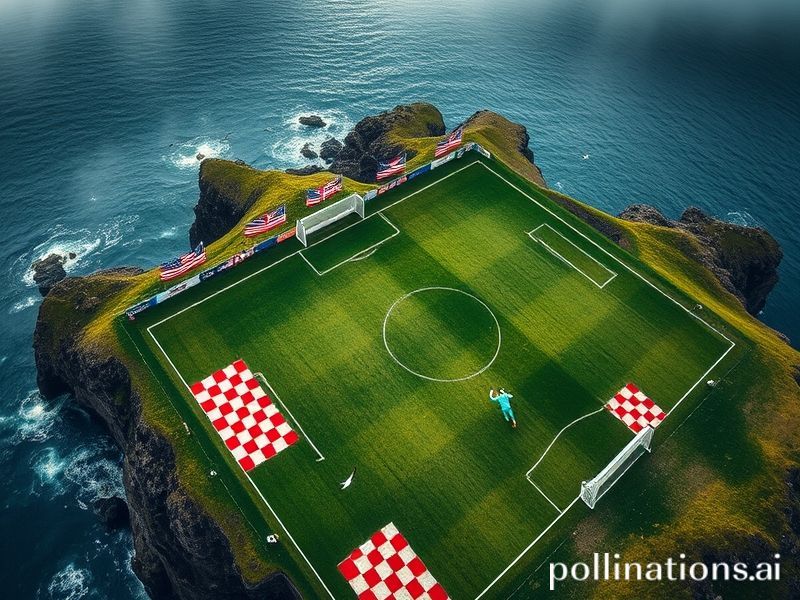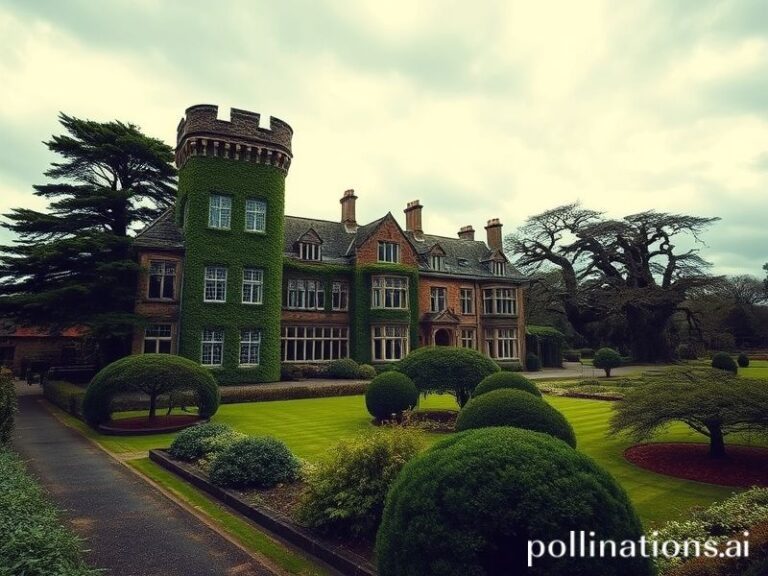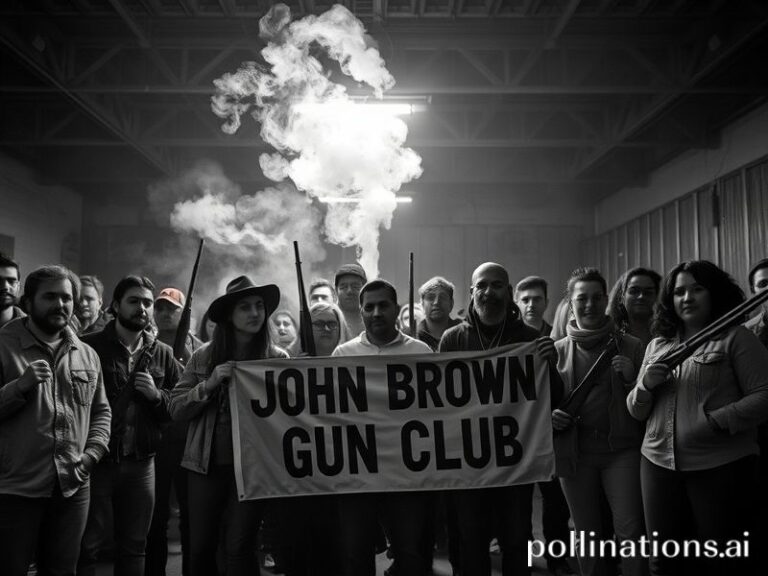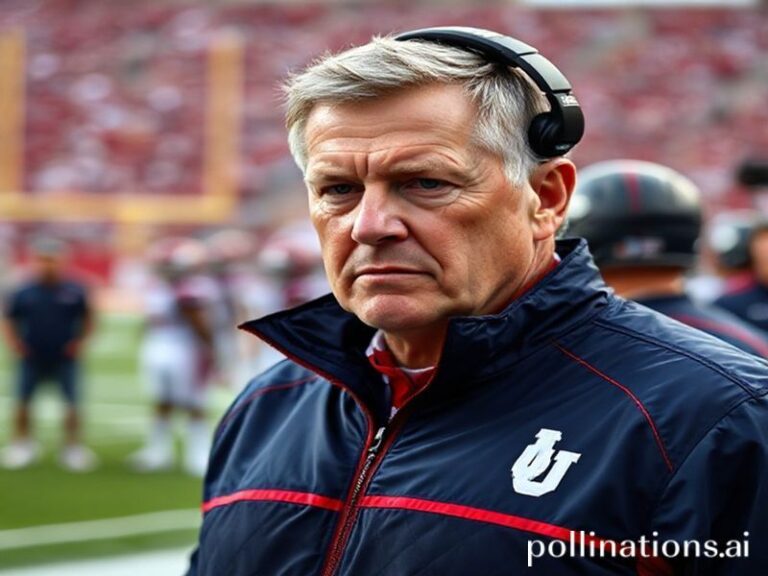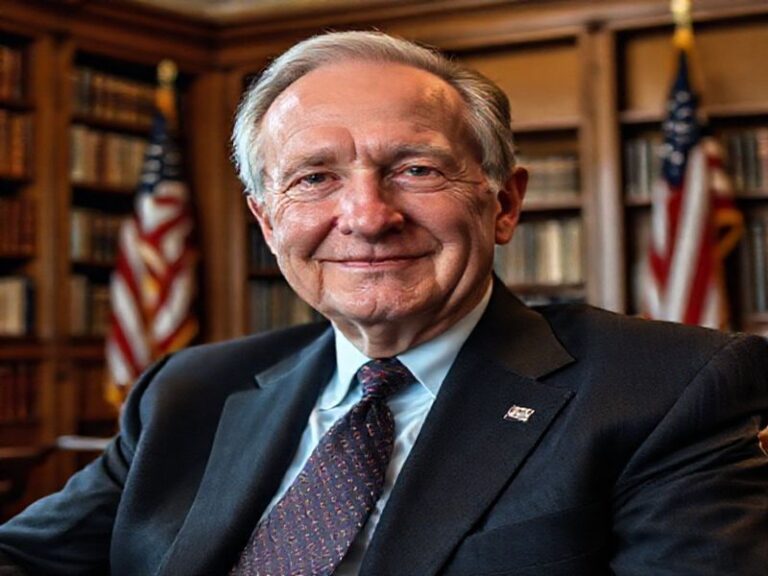Faroe Islands vs Croatia: When 48,000 Sheep and a Midfield Maestro Walk Into a Bar
Faroe Islands vs Croatia: When the Atlantic Mists Meet Balkan Fire—A Study in Global Asymmetry
The North Atlantic, home to more sheep than humans and weather patterns that make London look positively Mediterranean, has coughed up its perennial David: the Faroe Islands. Meanwhile, somewhere along the Dalmatian coast, Croatia has been polishing its Goliath credentials—World Cup finalists, UEFA Nations League darlings, and purveyors of the kind of midfield elegance that makes accountants weep with envy. The two sides will soon collide in a Euro qualifier that, on paper, looks like a clerical error. Yet in the grand, frequently absurd theater of international football, this fixture is less a mismatch and more a geopolitical haiku—17 syllables on the futility of hope, salted with North Sea wind.
Let us begin with the obvious: the Faroe Islands are not supposed to be here. With a population roughly equivalent to a mid-sized Croatian neighborhood (and half as many espresso bars), the archipelago’s inclusion in Group B is a triumph of UEFA’s commitment to the principle that everyone deserves a chance to be ritually humiliated by Luka Modrić. Still, the Faroes have grown endearingly adept at turning humiliation into a kind of existential shrug. Their last outing saw them hold Turkey to a 1–1 draw, an achievement that prompted headlines across Europe and a collective “Wait, where’s Tórshavn?” on Google Maps.
Croatia, by contrast, arrives with the weary gravitas of a nation that has spent the last decade being mistaken for a tourism brochure. Their golden generation—Modrić, Perišić, and the perpetually injured Rakitić—are now closer to retirement than to their 2018 peak, yet they continue to play with the languid precision of men who know the world still expects miracles. The problem, of course, is that miracles are finite, and Croatia’s squad depth is roughly as deep as the Adriatic at low tide. One torn ACL and the whole system risks collapsing into a pile of Dalmatian melancholy.
The match itself will be broadcast from Tórsvøllur, a stadium whose capacity (6,000) could fit snugly inside Zagreb’s Maksimir and still leave room for a modest food court. FIFA’s global television feed will linger on shots of wool-clad spectators clutching thermoses of something vaguely alcoholic, while Croatian fans—expats and the occasional hardy masochist—huddle like refugees from better climates. Somewhere in a London studio, a pundit will make a joke about puffins, and the world will move on.
Yet the broader significance lies precisely in this incongruity. In an era when geopolitics increasingly resembles a zero-sum death spiral, the Faroe-Croatia fixture is a reminder that not all competition must end in annihilation. The Faroes will lose, probably, but they will lose with dignity, which is more than can be said for most global institutions these days. Croatia will win, probably, but they will do so knowing that their victory is less a conquest than a contractual obligation—three points harvested from a place whose biggest export is fish and whose biggest import is existential dread.
For the rest of us, the match offers a rare moment of clarity. In a world teetering between climate apocalypse and algorithmic dystopia, the sight of 22 men chasing a ball across a windswept field is almost quaint—a ritual that persists because, well, what else are we going to do? The Faroes will sing, Croatia will counterattack, and somewhere a betting syndicate in Singapore will make or lose a fortune on the over/under.
When the final whistle blows, the Faroese will applaud their conquerors with the polite resignation of people who know the sea will claim them eventually anyway. Croatia will board a chartered flight back to Split, already calculating goal differences and injury times. And the rest of us, momentarily distracted from the slow-motion collapse of liberal democracy, will scroll onward to the next spectacle—because if there’s one thing humanity excels at, it’s pretending the game matters more than the score.

